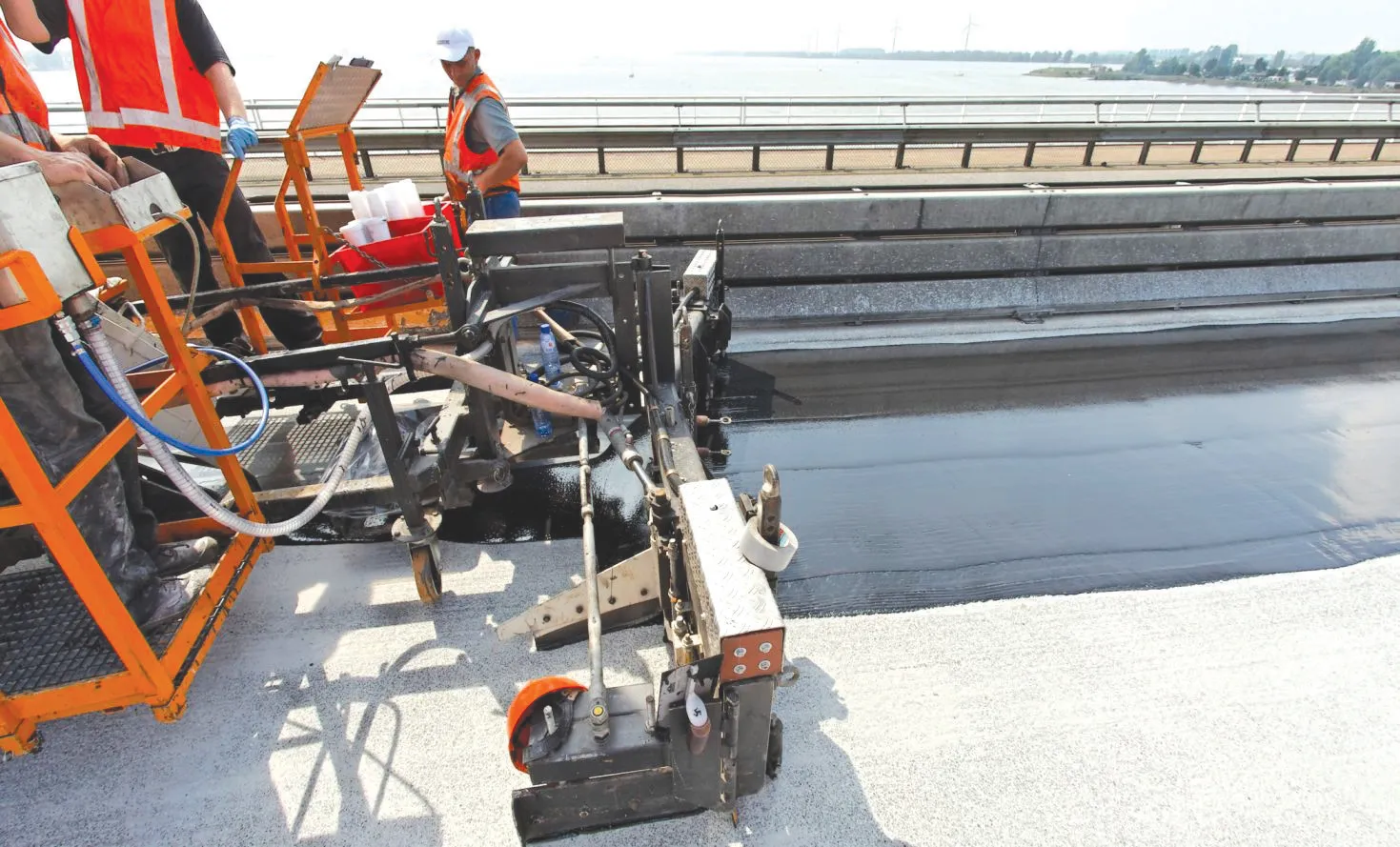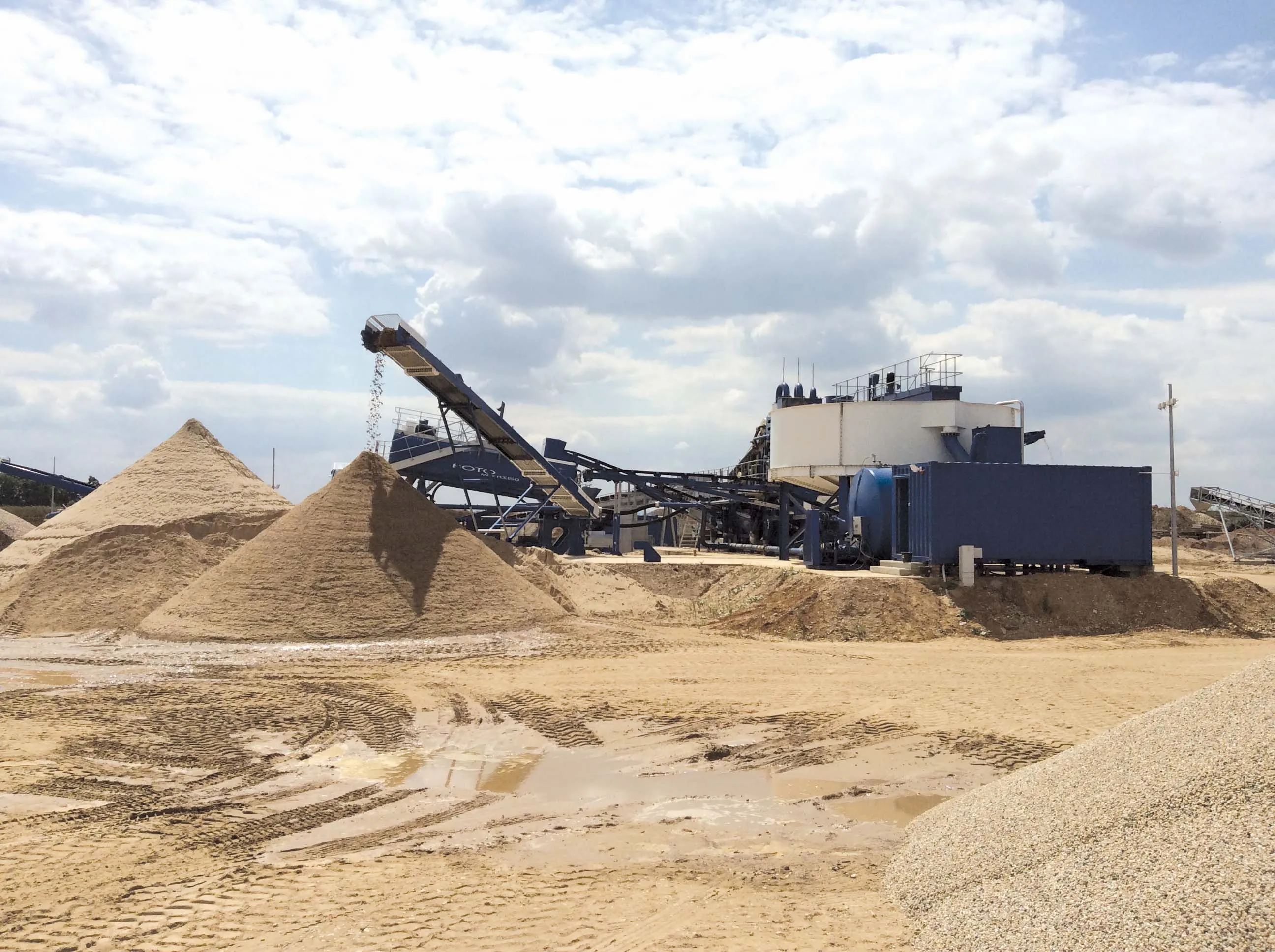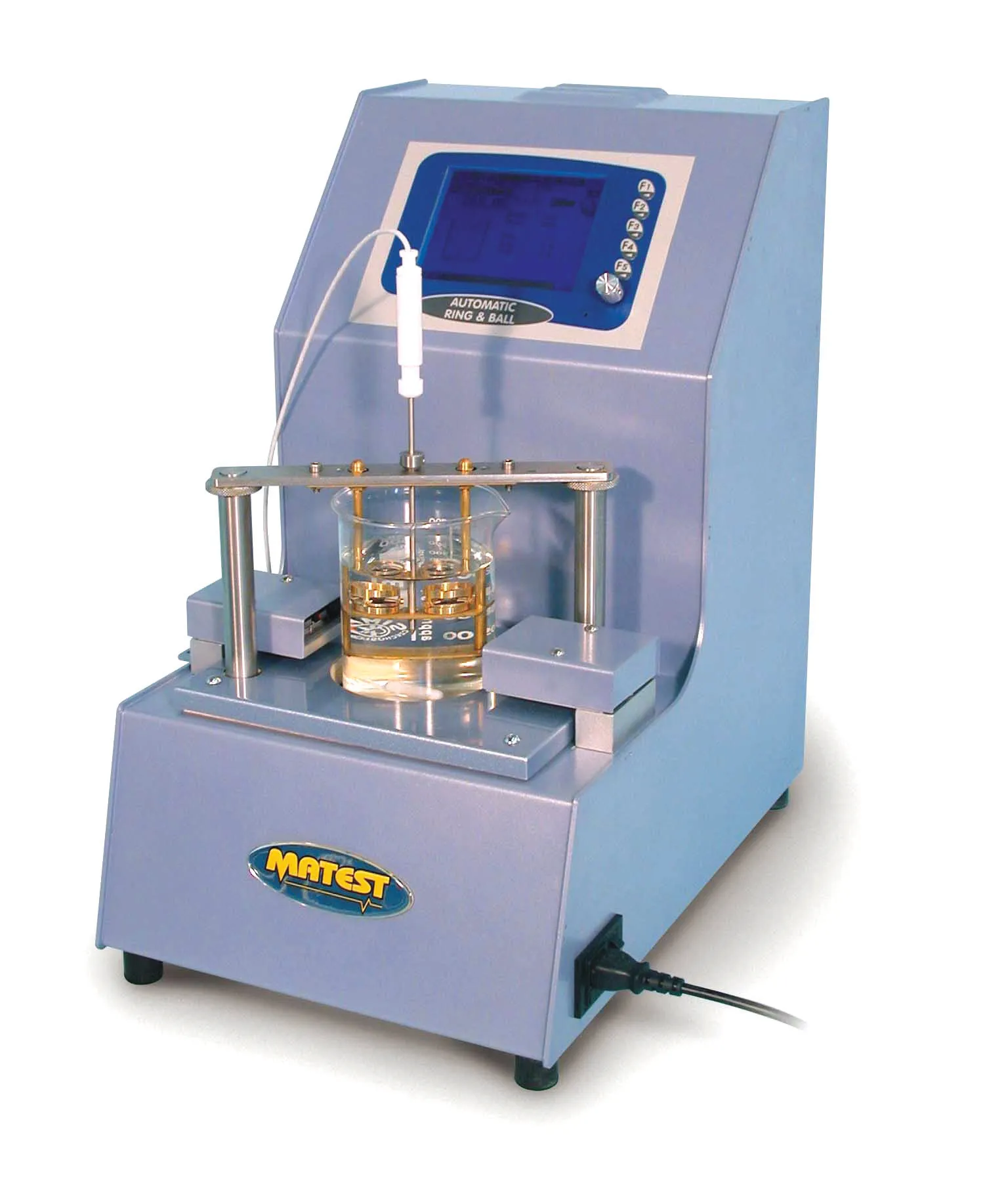Groundworks contractor DCM Roadways, based in the southeast Wales town of Monmouth, has brought in an FAE MTM to ensure the best result possible for an access road project.
DCM, which specialises in soil stabilisation and road recycling, is working on a solar project in the Forest of Dean area of Gloucestershire county, just across the border in England. The job is for the construction of around 1.2km of stabilised highway access roads.
September 28, 2015
Read time: 4 mins
Groundworks contractor DCM Roadways, based in the southeast Wales town of Monmouth, has brought in an FAE MTM to ensure the best result possible for an access road project.
DCM, which specialises in soil stabilisation and road recycling, is working on a solar project in the Forest of Dean area of Gloucestershire county, just across the border in England. The job is for the construction of around 1.2km of stabilised highway access roads.
Specification for this project requires a 300mm base mix, an 8% cem1 binder and a top capping consisting of 100mm of type one aggregate with 10% cem1 binder.
The material on site is a mixture of subsoil, limestone and fill, including large deposits of concrete and brick. To tackle this without their standard generic stabilising drum would have been impossible for a number of reasons, not least any likely damage to the drum unit.
Such soil mixtures make damaging the tips extremely likely. Indeed, the material would probably need to be excavated and screened at extensive cost both financially and in time.
To overcome these problems the company enlisted the FAE MTM with FAE G3-type fixed teeth. With its crushing abilities, not only does it takes the lime stone and concrete in its stride but it also produces a mix consistency second to none, according to DCM.
Another advantage of FAE MTM is the ability to independently adjust the working depth of the drum to the main housing of the unit.
The MTM asphalt grinder and soil stabiliser for tractors from 240 to 360 HP can recycle and pulverise to a maximum depth of 40cm and plays a key role for road restoration. For the gravel roads stabilization, the rotor can be equipped with fix hammers with carbide. When recycling or pulverising asphalt roads, the hammers can be swapped for round bites. The MTM can also be equipped with a water-spray system that controls dust during dry conditions and cools down the bits during the milling process.
The top-of-the-range model is the MTH, which is designed for use with tractors with power ratings of up to 300kW. The unit can be used to grind layers of rock, crush stones, grind asphalt, and stabilise soil, up to maximum working depth of 500mm.
The machine offers an operating speed of about 500-600m/hr, depending on the ground conditions and application. This high speed is achieved due to the MTH's variable geometry crushing chamber and its working depth capability. The innovative chamber design is said to deliver effective crushing. The rotor is designed to be adjusted hydraulically from the cab of the towing machine and this allows the volume of the crushing chamber to be increased as the working depth increases. By penetrating into the soil with only the rotor, the traction forces are said to be lower and fuel consumption is reduced. This allows for faster operating speeds which in turn saves time. The counter blade is made from HARDOX and the adjustable grille on the rear bonnet allow for a granulometry of the output material lower than 35mm.
Diego Scanzoni, president of8067 FAE Group, told 3260 World Highways, during the Paris 242 Intermat show in April that the STABI H features a novel variable geometry cutter system. He said, “We can control the stabilisation depth and maintain the quality of mixing. This machine can reach a working depth of 50cm, is equipped with our FAE rotor technology and can be fitted with a different tooth solution, depending on what the customer needs.”
The machine needs to be pulled by a tractor with a power rating of at least 186kW. Scanzoni said, “All the wear parts of the machine are interchangeable and made with wear-resistant steel or have tungsten carbide inserts welded in. All the frame is made from structural steel to save weight.”
DCM said is own use of the MTM provides the company with accuracy and consistency in their mixes, also by not having to drag the whole unit through the ground, productivity is noticeably increased. Having the water spray system takes away the guess work in trying to reach the optimum moisture content. Being able to meter the water in gives a highly accurate one pass operation, saving huge amounts of time and money.
Dave Morgan, owner of DCM Roadways, said that overall the FAE MTM machine provides them with peace of mind, not only on this jobsite but on a daily basis under all manner of conditions.
DCM, which specialises in soil stabilisation and road recycling, is working on a solar project in the Forest of Dean area of Gloucestershire county, just across the border in England. The job is for the construction of around 1.2km of stabilised highway access roads.
Specification for this project requires a 300mm base mix, an 8% cem1 binder and a top capping consisting of 100mm of type one aggregate with 10% cem1 binder.
The material on site is a mixture of subsoil, limestone and fill, including large deposits of concrete and brick. To tackle this without their standard generic stabilising drum would have been impossible for a number of reasons, not least any likely damage to the drum unit.
Such soil mixtures make damaging the tips extremely likely. Indeed, the material would probably need to be excavated and screened at extensive cost both financially and in time.
To overcome these problems the company enlisted the FAE MTM with FAE G3-type fixed teeth. With its crushing abilities, not only does it takes the lime stone and concrete in its stride but it also produces a mix consistency second to none, according to DCM.
Another advantage of FAE MTM is the ability to independently adjust the working depth of the drum to the main housing of the unit.
The MTM asphalt grinder and soil stabiliser for tractors from 240 to 360 HP can recycle and pulverise to a maximum depth of 40cm and plays a key role for road restoration. For the gravel roads stabilization, the rotor can be equipped with fix hammers with carbide. When recycling or pulverising asphalt roads, the hammers can be swapped for round bites. The MTM can also be equipped with a water-spray system that controls dust during dry conditions and cools down the bits during the milling process.
The top-of-the-range model is the MTH, which is designed for use with tractors with power ratings of up to 300kW. The unit can be used to grind layers of rock, crush stones, grind asphalt, and stabilise soil, up to maximum working depth of 500mm.
The machine offers an operating speed of about 500-600m/hr, depending on the ground conditions and application. This high speed is achieved due to the MTH's variable geometry crushing chamber and its working depth capability. The innovative chamber design is said to deliver effective crushing. The rotor is designed to be adjusted hydraulically from the cab of the towing machine and this allows the volume of the crushing chamber to be increased as the working depth increases. By penetrating into the soil with only the rotor, the traction forces are said to be lower and fuel consumption is reduced. This allows for faster operating speeds which in turn saves time. The counter blade is made from HARDOX and the adjustable grille on the rear bonnet allow for a granulometry of the output material lower than 35mm.
Diego Scanzoni, president of
The machine needs to be pulled by a tractor with a power rating of at least 186kW. Scanzoni said, “All the wear parts of the machine are interchangeable and made with wear-resistant steel or have tungsten carbide inserts welded in. All the frame is made from structural steel to save weight.”
DCM said is own use of the MTM provides the company with accuracy and consistency in their mixes, also by not having to drag the whole unit through the ground, productivity is noticeably increased. Having the water spray system takes away the guess work in trying to reach the optimum moisture content. Being able to meter the water in gives a highly accurate one pass operation, saving huge amounts of time and money.
Dave Morgan, owner of DCM Roadways, said that overall the FAE MTM machine provides them with peace of mind, not only on this jobsite but on a daily basis under all manner of conditions.








